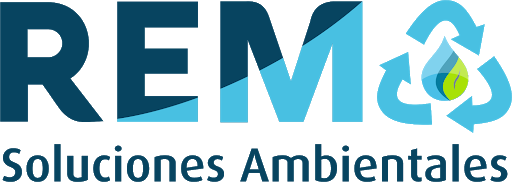In accordance with Goldman Sachs, student education loans are really a $1.3 trillion industry in the usa. More personal debt is tangled up in figuratively speaking than every other form of loan but mortgages.
Student education loans can be bought in two broad varieties. Many people are knowledgeable about general public or federal government issued and backed loans, but there is however additionally a market that is thriving personal loans produced by banking institutions as well as other for-profit finance institutions. Personal loans are not at the mercy of the exact same laws or loan release and administration programs that are offered for government-backed loans. Having said that, personal loans are often susceptible to federal and state laws that affect other non-educational loans and are also in many ways no unique of car and truck loans, mortgages along with other forms of individual lending.
Personal loans and government-backed loans do have one thing that is important typical. In 2006, personal loans were made non-dischargeable in bankruptcy using the passage through of the Bankruptcy Abuse Prevention and customer Protection Act (BAPCPA). Put simply, you cannot immediately eradicate them in a bankruptcy situation as you can other debts, like charge cards and medical bills.
It doesn’t mean you will never be rid of those in bankruptcy. Personal loans are susceptible to the exact same release standard that general general public or government-backed loans are. More specially, they could simply be released when they can cause “undue difficulty” into the debtor or a debtor’s reliant.
There was one other way that people loans that are private be released. That course is based on a circuitous interpretation of a few federal statutes that comprise which personal loans can be viewed academic loans for purposes of bankruptcy. Once we’ll see, in the centre is whether or not you can easily subtract the attention regarding the loans from your own tax.
«Qualified Education Loans» Protect «Qualified greater Education Expenses» for «Cost of Attendance. «
In excepting education that is“qualified” from release, BAPCPA cross-referenced the Internal sales Code at 26 USC 221(d)(a), which concerns deduction for interest on training loans. Section 221(d)(a) states that interest on training loans can simply be deducted from earnings in the event that loan ended up being “incurred entirely to cover qualified advanced schooling expenses. ”
Those “qualified higher training expenses” are themselves defined into the advanced schooling Act of 1965, which will be codified at 20 USC 108711 as “cost of attendance”. In turn, the expense of attendance is placed because of the university and generally includes tuition and costs, space and board, transport and travel costs.
Mixed-Use Loans
As any college will attest, but, the cost of attendance will likely not always encompass every thing students will invest in a offered 12 months. Moreover, the actual quantity of government-backed monetary a To make up the shortfall, pupils frequently turn to personal loans to augment their government-backed loans and funds.
Some private loan providers restrict the quantity of additional financing into the distinction between federal federal government loans in addition to price of attendance. Other loan providers, but, will accept provide a learning student thousands of bucks beyond the expense of attendance. Numerous promissory records will include a clause needing the debtor to acknowledge that the profits will simply be properly used for qualified educational costs regardless of level of the mortgage.
Loans such as quantities above what exactly is essential to protect the price of attendance tend to be called “mixed-use” loans.
Congressional Intent for Private Student Education Loans
It is not at all clear that Congress anticipated these “mixed-use” loans when it decided to from this source make private loans nondischargeable when we consider the BAPCPA requirements, the Internal Revenue Code and the Higher Education Act definition.
Additionally, any sort of financing could possibly be considered an educatonal loan in accordance with these statutes, including credit debt, house equity financing, and ordinary signature loans. The Code of Federal laws at 26 CFR 1.221-1, nevertheless, especially clarifies that mixed-use loans aren’t qualified to receive a pursuit deduction beneath the Internal income Code. Consequently, mixed-use loans should really be dischargeable. At least, the quantity more than the price of attendance is dischargeable.

Comentarios recientes